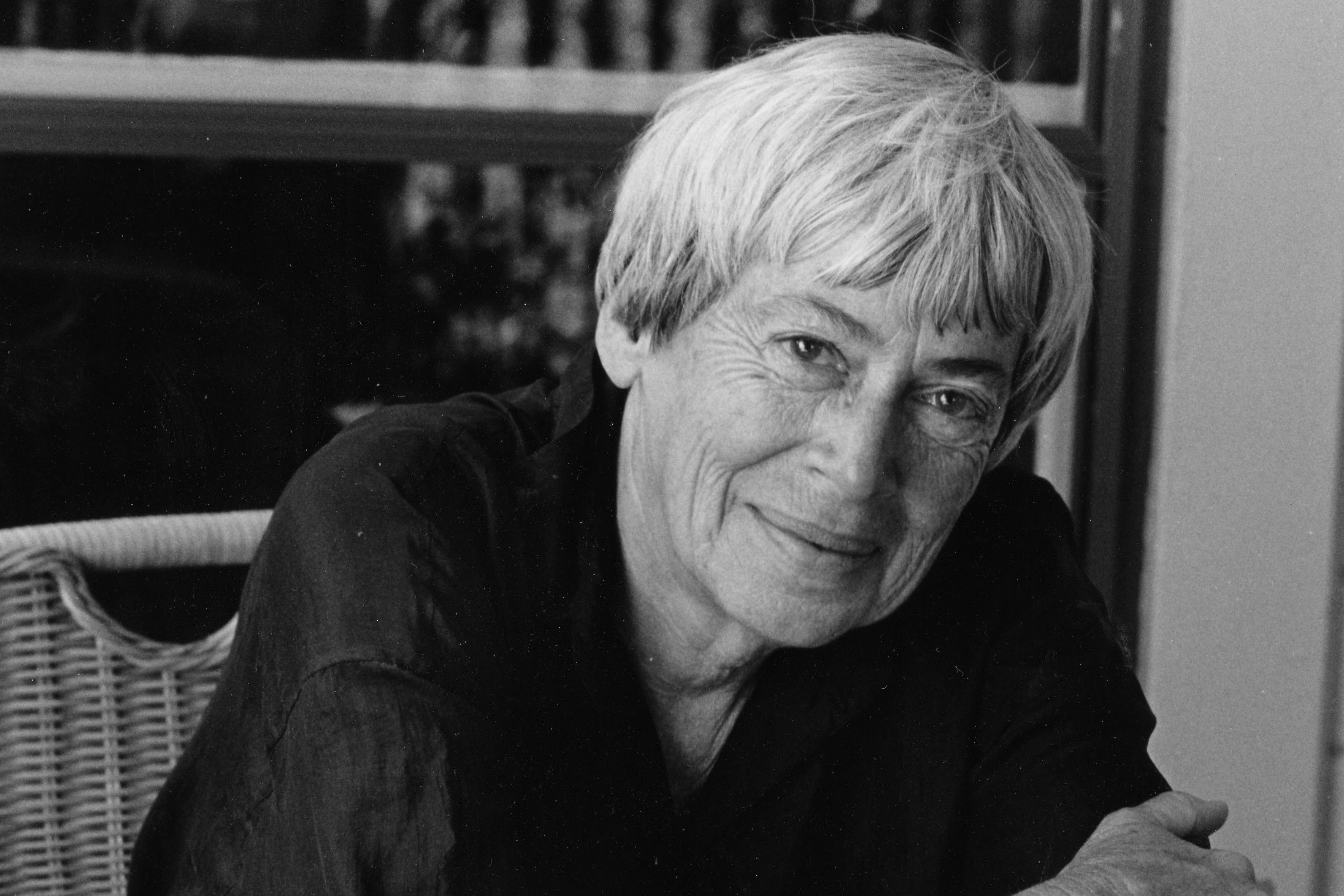Portland Performers, Creators, and Arts Leaders Get Ready for a New "Inspiration": Donald Trump

Image: Shutterstock
A few days after the 2016 election, Portland Monthly asked a wide range of Oregonians for their thoughts on what Donald Trump’s victory means for their lives, their work, and their communities.
Readers, we’d love to hear your thoughts as well. Please feel free to share your thoughts in the comment section, and please remember to keep this conversation civil and respectful.
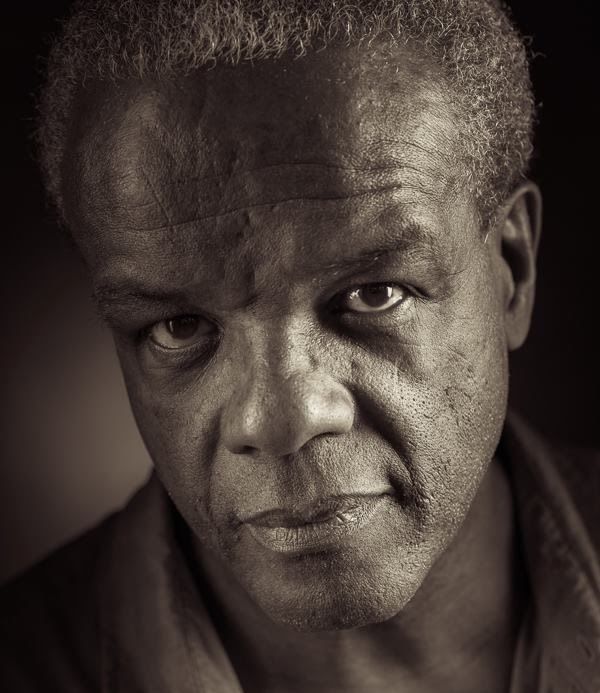
Image: Courtesy Kevin Jones
Kevin Jones
Co-founder and artistic director, the Red Door Project, which aims to foster racial diversity in Portland’s theater scene
“I see the result as an indication of what happens when we chastise, ridicule, and ostracize a group with no consideration for how such a group will react. White conservatives are tired of it. We believe the conversation has to change from ‘I'm right and you're wrong’ to one where we realize the paradigm we operate from is broken. We are all complicit, and our belief that we can actually stand on just one side of these issues is faulty. Our plan is to continue to identify organizations who share this perspective and partner with them as we bring the power of art to fortify this agenda.
“For me personally, there's never been a better time to be an African American. When I look out onto our moral and social landscape, I would also say there's never been a better time to be a woman. There's never been a better time to be gay or transgender. The pendulum swings both ways, and I'm worried and fearful of just how far it will swing.”
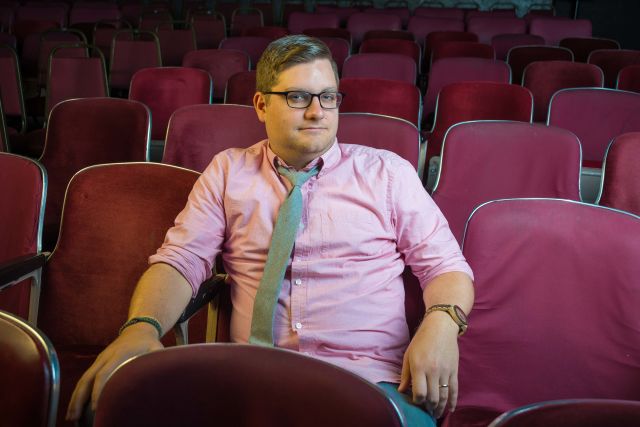
Image: Courtesy Alex Falcone
Alex Falcone
Stand-up comedian
“Trump's been difficult for comedy, because it was hard to say anything funnier than the things he actually says. Not impossible, but tough. And because of that, the stuff making fun of him wasn't nearly as biting as he deserved. He deserved brutal mockery. Now he's in power. Comedy is all about punching up. We just got the biggest punching bag, and it's directly above our heads.”
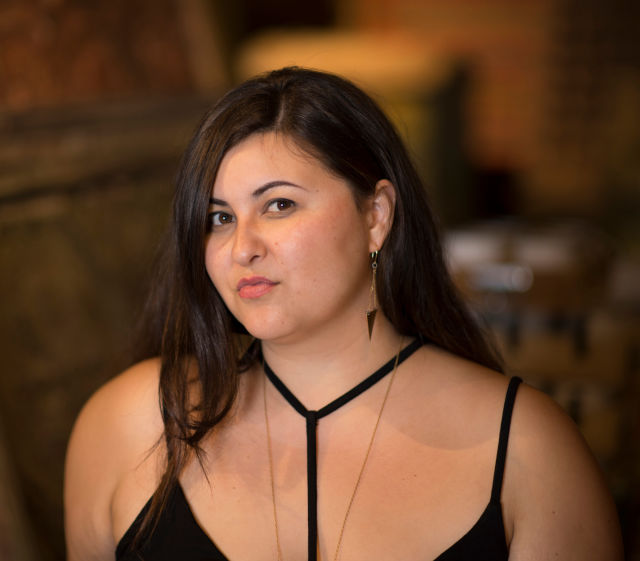
Image: Courtesy Bri Pruett
Bri Pruett
Stand-up comedian
“Humor is inescapable, it’s how we survive. I hope comedians are ready for four years of hard work. I hope my fellow comics joke bravely, tenderly. I think we're about to see a new kind of satire. Satire with teeth.”
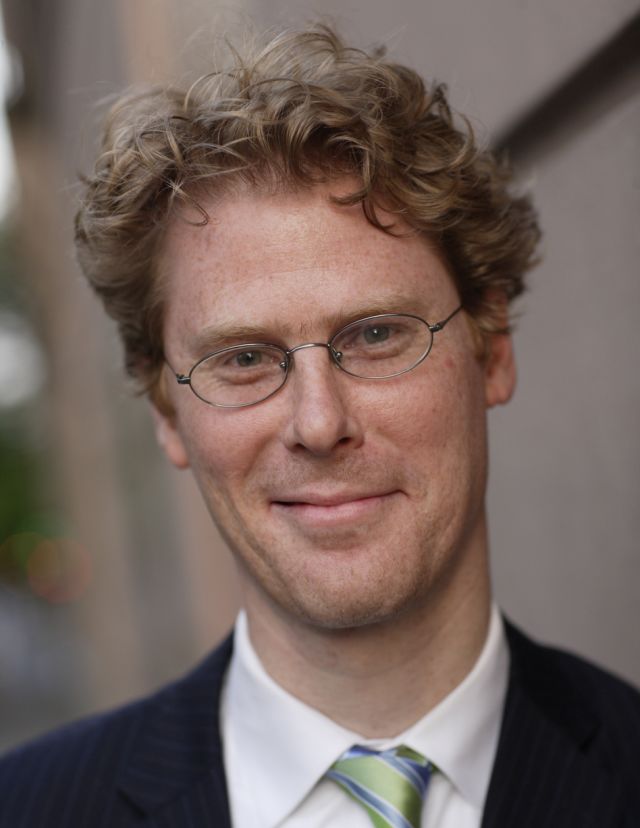
Image: Courtesy Andrew Proctor
Andrew Proctor
Executive director, Literary Arts
“I had to come in and run a meeting with the staff at 11 a.m. It was the most challenging professional moment I’ve ever had in my life. It was just sudden devastation. We just sat in that conference room for about 30 minutes and people were alternately crying or totally silent, trying to figure out what’s next. I can physically feel the sense of dread and how frightened I am. We’re looking at at least 4 years. We’re gonna have years of this. And the psychic toll of that, on Literary Arts’ community, people of color, LGBT people, women… how am I going to be an ally? I’m a tall, white, blond dude. What’s my role in this, someone who’s been the recipient of enormous privilege? That feels heavy duty.
“For 32 and a half years, the organization has been apolitical in the strictest sense. There’s a part of me that’s always wondered—the examples that come to mind are extreme—if you were in Franco’s Spain, would it make sense to be apolitical? And what would people think 25 years later if you tried to avoid it? One of the things that we’re wondering aloud is, is this position tenable? I can’t speak for the organization right now. But what I will say is we started posting quotes on Facebook from writers, with no context, about resistance. That felt on-mission, though not formally political, though they are certainly political statements. That’s our initial response. Like everyone else we’re groping around.
“What I hear from my staff is, art is at the forefront of social change and we just need to come in every day and do good work. And that is our contribution to the solution, however small. We all feel helpless, but Colson Whitehead and Yaa Gyasi, were in the Schnitzer in front of 1,000 people talking about the history of race in Oregon. And not sugarcoating it. That was pre-election, but that sort of thing is part of the solution. If our work is about dialogue and conversation, and is open and inclusive and unafraid of people’s opinions, provided they’re not hate-filled, I think it would be extremely difficult to object to the organization’s role. We are organized around books, which are the essential vessels for all ideas, basically in the world. The organization’s been tracking towards ideas of social justice for the past three or four years. Not to the exclusion of anything else. This only makes that track more urgent.”
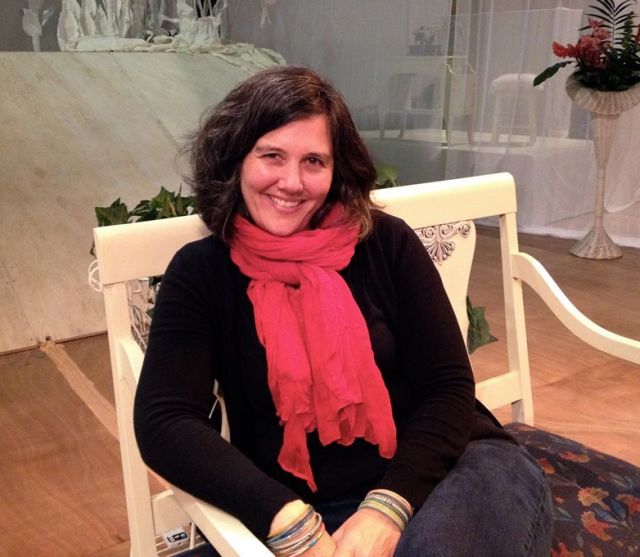
Samantha Van Der Merwe
Artistic director, Shaking the Tree Theatre
“I think the best way to respond is to use the resources from Shaking the Tree to support the making of protest theater by the communities or individuals who are or will become disenfranchised. Shaking the Tree is committed to providing four opportunities of support (one per year) for a full production of a protest theater piece by a member of one of the following communities: women, people of color, LGBTQ, Hispanics, Muslims, immigrants, environmentalists. More details will be ironed out soon, but we will most likely have a submission period, and then a selection of the strongest proposal. Once selected, Shaking the Tree would fully fund the production for a five-week run. This outcome is a call to action for artists!”
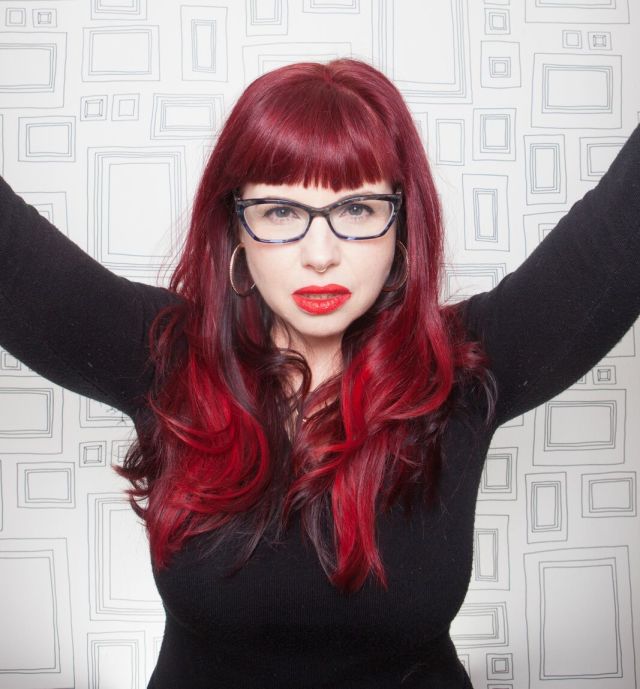
Image: Courtesy Kelly Sue DeConnick
Kelly Sue DeConnick
Comic book author and creator of Bitch Planet
“I have just grief. Maybe this is a white-privilege thing. I felt like my country had been guilty of a lot of crimes and transgressions, but our ideals were sound and we were always getting better. This feels like such a betrayal of everything we ought to stand for and everything I believed we stood for.
“Bitch Planet is a book about a paternalistic fascist regime that takes over. (Laughs) You have this fear of being called alarmist. But I want to have resources available should [my family] need them. If we need to get ourselves or others out, I want to have the means to do that. My friend was in Egypt under a fascist regime, and her warning has been, ‘It happens very suddenly. Things are normal one day and then they’re not.’ I tell myself we’re an enormous country, we have a long democratic history. I’ve been a federalist most of my life. Okay, now all of a sudden I’m like, “Okay, what powers do the states have?”
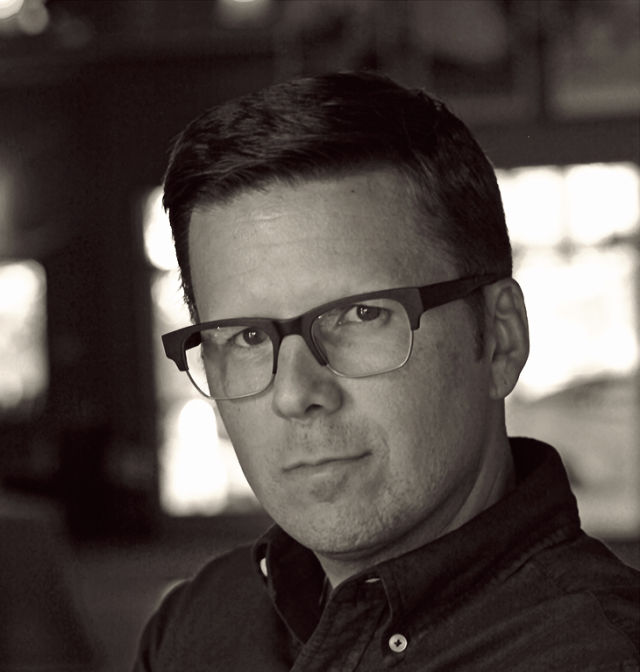
Dámaso Rodriguez
Artistic director, Artists Repertory Theatre
"It's clarified that we must find a way for urgent, contemporary theater to thrive, that our work is desperately needed—not as an escape, but as force for empathy, community and rigorous dialogue. At Artists Rep, we'll measure success based on how we are exemplifying diversity, equity, and inclusion through the stories we tell onstage and our collaborations with artists and audiences.
"We can rely less on social media and engage with one another in the same space. We can ask difficult questions. Is Portland actually championing the progressive ideals for which it is known? Theater has always been a place to test assumptions and challenge the status quo."







